DEFINITION OF depression
Most people have had some degree of feeling “depressed” or down, but clinical depression is a mood disorder that causes a persistent feeling of sadness and a loss of interest in the people or activities that once gave us joy. Depression can trick our brain into interpreting any event or thought as a reinforcement of our worst fears about ourselves, which only deepens the sadness, guilt and hopelessness that we already feel.
COMMON Symptoms of maladaptive coping
- Sad or tearful most times
- More irritable and agitated than usual
- Feeling disconnected from loved ones
- Excessive guilt
- Difficulty falling asleep or sleeping too much
- Feeling like life isn’t worth living
- Having thoughts to harm or kill yourself
- Increased substance use to cope with the sadness or function in a typical manner
- Brain feels “foggy” and slowed down
- More frequent fighting with loved ones
- Feeling misunderstood by loved ones
- Changes in appetite or weight
- Feeling helpless and hopeless
- Inability or difficulty getting out of bed, showering or caring for yourself in a typical manner
- Thinking about how much better you would feel if you weren’t around.
TREATMENT
Treatment for depression is individualized for each client, but begins by assessing the level of depression and potential need for adjunctive treatment. It may include a referral for medication evaluation, meditation or group therapy or, in the most extreme cases, hospitalization. At Triumph Over Trauma, I help you learn how to restructure the process your brain uses to interpret the internal and external messages it receives. Doing this helps you re-evaluate how you interpret events and makes you less vulnerable to negative thoughts that reinforce your depression.

